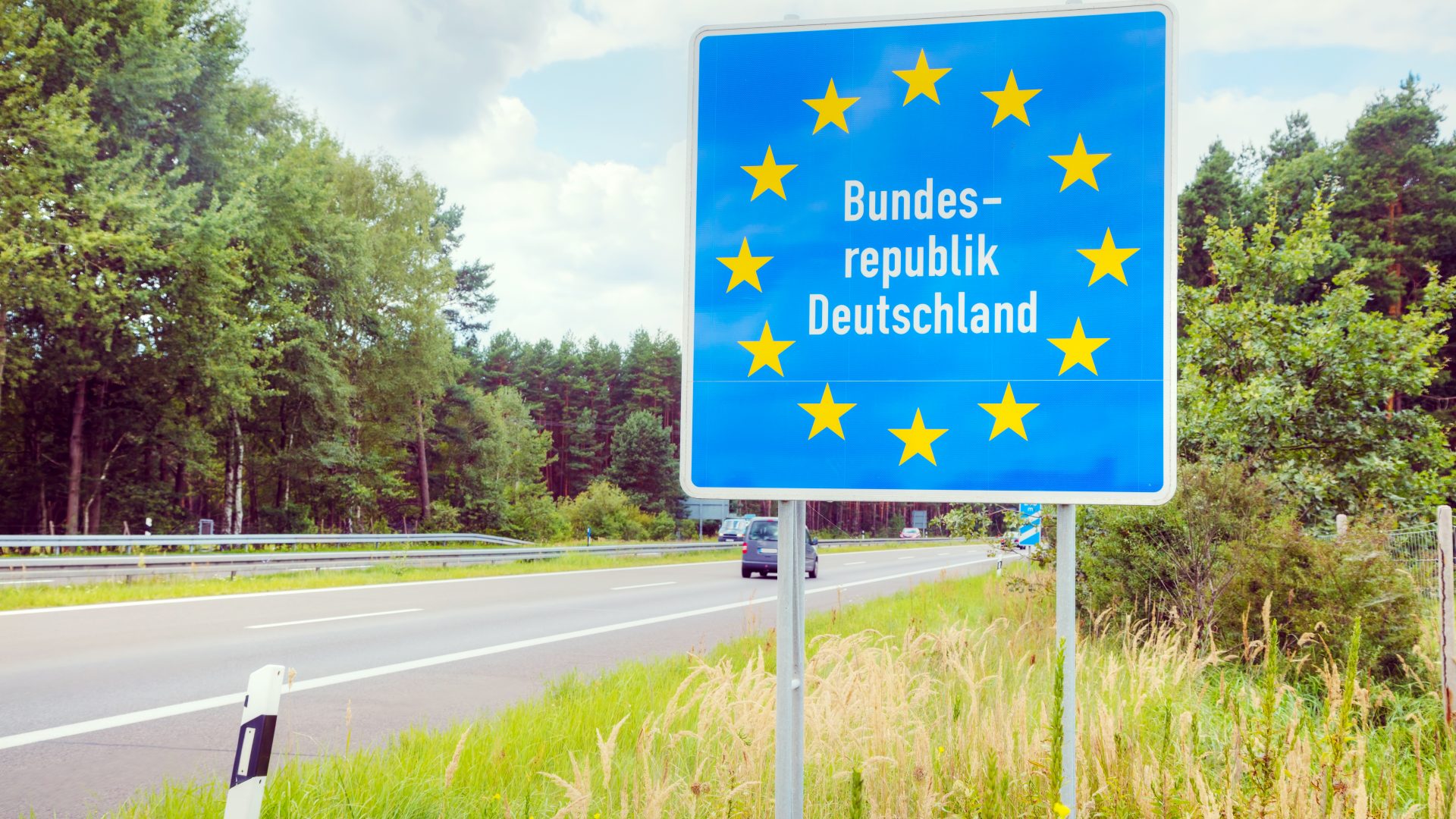
transport & mobility
German Presidency: the transport priorities
On 30 June, one day before the official start of its Council Presidency, the Federal Foreign Office in Berlin published its programme of the German Presidency.
Under the aegis of “Together for Europe’s recovery”, the official title of the German Programme, Germany presents high ambitions in just about 20 pages.
Crises have always been an opportunity in the EU to call things that are considered a given into question and to be even better prepared to face the challenges of the future – German Council Presidency Programme
Against the backdrop of the current sanitary and economic troubles, Germany intends to brace Europe for the major transformations of our time, such as climate change, digitalisation and the changing world of work. As former President Juncker once coined it, the plan is to “realise the Europe that the world needs.” The short document and its bold tone herald new international responsibilities or fairer European societies.
but what’s in it for transport?
Concrete transport-related policies in the German Presidency Programme are limited. Yet, the Council Presidency Programme has to be read through the lenses of recent official statements by the German government and the Presidency Trio priorities for transport. The current Presidency Trio includes Germany, and the two Member States (Portugal and Slovenia) that will hold the EU Presidency in 2021.
the New Mobility Approach
On 17 June, Germany’s Federal Transport Minister Andreas Scheuer stated that Germany’s response to the challenges posed by COVID-19 and the European Commission’s Green Deal would be built around what the German Transport Ministry has self-labelled “New Mobility Approach”. To put it simply, this approach spans over three themes: climate change mitigation, mobility and digital transformation.
Interestingly, the Programme of the German Presidency makes no reference to the term “New Mobility Approach”. It could be due to the limited number of priorities a given Member State can focus on during its (short) six-month presidency. Besides, the recent pandemic has reminded us of the breadth and depth of the challenges ahead and that six months can be over in the blink of an eye…
Meanwhile, the Programme makes no secret about Germany’s intention to see its New Mobility Approach to serve as the backbone of the future Council Conclusions in response to the much-awaited Strategy for Sustainable and Smart Mobility that the Commission will publish in the fourth quarter of 2020. The announced Passau Declaration, to be issued in late October, will be the opportunity to enshrine these principles in a high-toned text.
We have to take climate friendliness as the starting point of our endeavours and as a stimulus for innovations in Europe.
climate change mitigation
As far as climate change mitigation is concerned, the German Programme puts much emphasis on developing green hydrogen as a mean to boost decarbonisation. Germany published its national Hydrogen Strategy in June 2020. As a complement to battery-powered cars, fuel cell vehicles have the potential to reduce air pollutant and carbon emissions significantly. Moreover, Germany also flirts with the idea of extending Europe’s emissions trading system, the ETS, to road transport. The German Programme refers to the “expansion of carbon pricing to cover all sectors”… The simple reference to this objective without particular details shows that the German Presidency is approaching the topic with some caution. It is probably a politically wise choice, given the heated debate that occurred immediately after the presentation of the Green Deal by Von der Leyen!
In the context of climate-friendly mobility, Minister Scheuer has also called for a European-wide deployment of the electric charging infrastructure. Germany intends to lay the groundwork for the revision of the Alternative Fuel Infrastructure Directive (AFID), announced for 2021. This will be too late for the German Council Presidency. Nonetheless, given the economic weight of the German automotive industry, Berlin plans to leverage its chair position to influence the drafting process via Council recommendations e.g. by organising a stakeholder conference on 3 September “Turning the Page: the next chapter for electric road transport in Europe “.
According to Scheuer again, the price for road use should take into consideration CO2 emissions. Such a pricing system would give a renewed impetus to the transition to low-emission vehicles. This balanced approach should feature in the ongoing revision of the Eurovignette Directive. Yet, this is among the blind spots of the Programme, but the German government could still seek to unlock the discussions in the Council of this difficult dossier.
Shipping and aviation are not exempted from this decarbonising effort. For both of them, the Presidency will strive to achieve the Holy Grail of slashing emissions while maintaining continental competitiveness. Unfortunately, apart from a focus on hydrogen, few details are offered as to how these results will be taken home.
Today, cars are already rolling smart devices.
digital transformation
The digital transformation undoubtedly represents a significant focus of the German Programme. More generally, the post-COVID European recovery will arguably be data-driven. Transport is no exception.
The digital transformation of mobility will accelerate by improving data connectivity in the various Member States and deploying 5G networks throughout Europe. Robust and universal coverage is crucial for real-time data connectivity and the operation of autonomous vehicles, Minister Scheuer has argued.
Germany plans to promote the shared use of data in the transport sector. Nonetheless, the protection of personal data and most importantly, the so-called “citizen data sovereignty” ought to remain the foundational principles in this regard. Germany concludes that to ensure this, “[citizens] must be able to store data securely on their devices without it being accessed by third parties”. How does it all square with the ongoing discussions related to access to in-vehicle data? In the end, isn’t it true that “cars are already rolling smart devices”, as a German champion – Bosch – has adamantly put it[1]? It will be interesting to see how these developments unfold.
awakening the sleeping giant!
As anticipated, the overriding priority of the German Presidency will be to flatten the pandemic and spur a solid recovery plan. The aim is for European economies and societies to reach a “new normal”. This mission starts with a tough challenge: reaching in July a unanimous agreement on the EU budget (multi-annual financial framework, MFF). The latter will impact significantly the availability of funds for national and sector-specific recovery plans. Autumn will come with the need to resume the Brexit talks, with the aim of reaching an “ambitious, comprehensive partnership between the EU and the United Kingdom”.
Together with the need to promote intergenerational solidarity, Germany Council Presidency and its implementing team have a lot on their plate. Its Council Presidency Programme offers clear insights into how Europe’s reluctant hegemon may finally reconcile its economic leadership with the political responsibilities associated with it.
